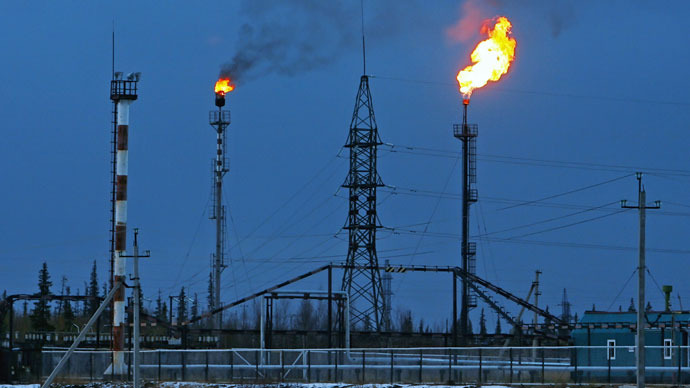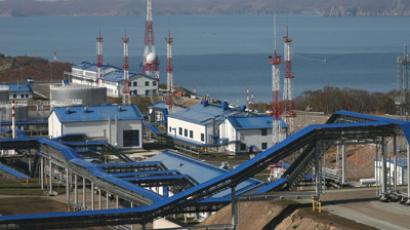Russia to ease foreign access to oil exploration

Foreign companies could be granted more freedom to explore natural resources in Russia’s remote regions to avoid the possible decline in oil, gas and mineral extraction.
They may be allowed to co-developing onshore deposits of federal importance, the Russian Natural Resources Minister Sergey Donskoy told a news-conference on Friday. He explained deposits in the Far East and Eastern Siberia will be first.
The initiative concerns all kinds of mineral resources except of
those on the continental shelf, the Russian Deputy Minister of
Natural Resources, Denis Khramov, told the Vedomosti daily.
According to current Russian law oil and gas deposits of
national importance are those having 70mn tones of oil and 50bcm of
gas. The list of those deposits was outlined in 2008. Since then
only two Russian majors, Gazprom and Rosneft, have had access to
sea deposits, while the right to develop fields were put up for
auction with the limited list of bidders. The access of foreign
investors to such deposits was restricted four years ago – they
have to get government approval to have more than 10% of the
company developing deposits of federal importance. Also, such
deposits cannot be automatically converted from exploratory into
production.
Doskoy said that even if a foreign company discovered a new deposit it would have been often denied the right to develop it, which is a huge barrier to cross-border capital inflow.
The Russian Ministry of Natural Resources expects oil production in the country to considerably drop in the near future. In 2013 the decline is expected to reach 0.8% or 510 million tonnes. In order to change the trend and until the Arctic shelf can fill the gap, which is unlikely to happen until 2020, the ministry plans to propel onshore production.
It is hoped the initiative will have a major impact on ore
extraction as well as oil and gas. Eastern Siberia and the Russian
Far East are underexplored even though they have great potential.
If the initiative is approved by the government and the president,
it could stimulate companies to develop the area.














